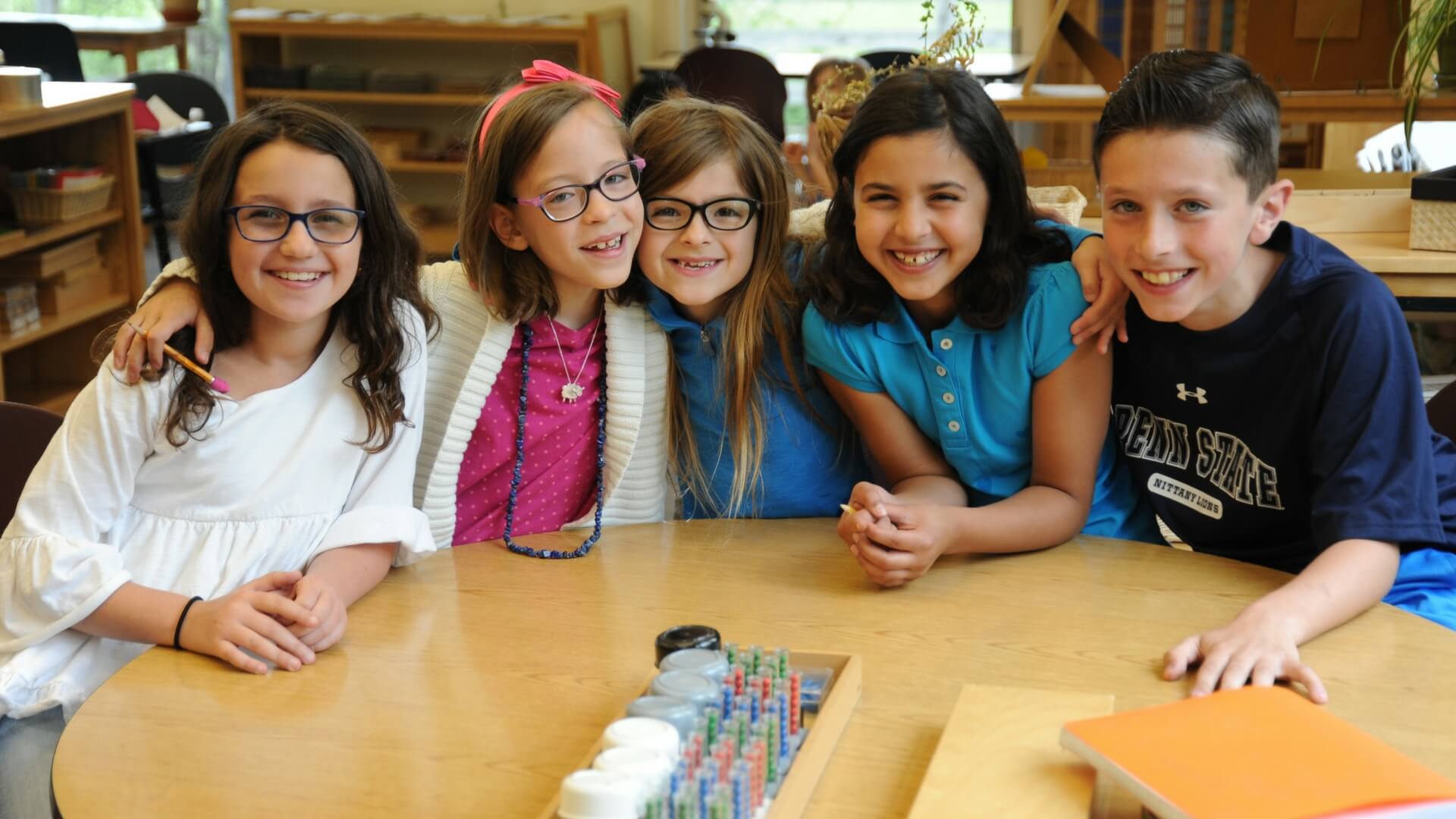When it comes to educating young minds, the Montessori Method stands out as a revolutionary and unique approach that has been adopted worldwide. This method of education, rich in history and backed by scientific observations, is embedded in the works of Dr. Maria Montessori, Italy’s first female physician. Today, we explore the origins of the Montessori Method and its profound impact on modern education.
A Glimpse into the Life of Maria Montessori
Born on August 31, 1870, in Chiaravalle, Italy, Maria Montessori was a pioneering figure in education. Her journey in this field was unusual as she initially resisted a career in teaching, a profession predominantly limited to women during her era. Instead, she became Italy’s first female doctor in 1896, specializing in psychiatry and pediatrics. Her interaction with children labeled as intellectually challenged sparked her interest in education, leading her back to the University of Rome to study psychology, philosophy, and, eventually, anthropology.
From Medical Practitioner to Educational Reformer
Dr. Montessori’s first significant venture into the education sector was in 1906, when she was invited to establish a childcare center in San Lorenzo, a disadvantaged neighborhood in Rome. She named the center ‘Casa dei Bambini’ or ‘Children’s House‘. In this setting, Dr. Montessori began to experiment and formulate her unique educational theories, laying the foundation of the Montessori Method.
The Birth of the Montessori Method
Dr. Montessori firmly believed in observing and understanding each child’s individual learning style and pace. Drawing from her medical background, she applied her scientific observations to her educational approach, designing unique learning materials and creating an environment that nurtured children’s natural desire to learn.
She noticed that when children were free to choose their activities within a prepared environment, they showed signs of deep concentration, calmness, and a strong sense of order. This observation led her to conclude that children essentially teach themselves, absorbing knowledge from their surroundings.
Spreading the Montessori Method Across the Globe
Word of Dr. Montessori’s success spread rapidly, and soon, her revolutionary teaching approach started garnering interest worldwide. By 1910, Montessori schools had sprung up throughout Western Europe and were being established globally. In 1911, the first Montessori school opened in the United States.
Montessori in the United States
The Montessori Method was initially well received in the U.S., with the first school opening in 1911 in Scarborough, New York. Prominent figures like Alexander Graham Bell and Thomas Edison supported the Montessori movement. However, by the 1920s, the popularity of the Montessori Method began to wane due to language barriers, anti-immigrant sentiment, and criticism from influential educators.
The Montessori Revival
The Montessori Method saw a resurgence in the 1950s, thanks to the efforts of Dr. Nancy McCormick Rambusch. Inspired by Dr. Montessori’s teachings, she reintroduced the Montessori Method in the U.S., leading to the establishment of the American Montessori Society (AMS) in 1960.
Montessori Today
Over a century since its inception, the Montessori Method continues to be an influential force in education. Its unique child-centered approach is now adopted in numerous Montessori schools across the globe, catering to children from infancy to adolescence. The Montessori pedagogy fosters independence, empathy, social justice, and lifelong learning, creating a solid foundation for children’s future success.
Montessori’s Lasting Legacy
Dr. Maria Montessori’s innovative approach to education, which began as a small experiment in a single classroom, has grown into a global education movement. Her legacy continues to inspire educators and impact the lives of students across the world. The Montessori Method stands as a testament to her belief in the boundless potential of every child and her commitment to nurturing that potential through education.
Conclusion
So, where did Montessori originate? This influential educational approach finds its roots in the scientific observations and innovative thinking of Dr. Maria Montessori, dating back to the early 20th century in Italy. Today, the Montessori Method continues to shape the landscape of education worldwide, promoting a child-centric approach that fosters a love of learning, independence, and empathy.


